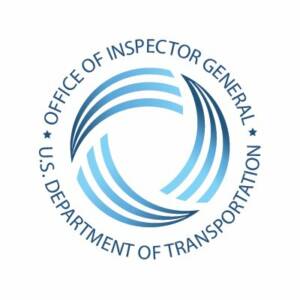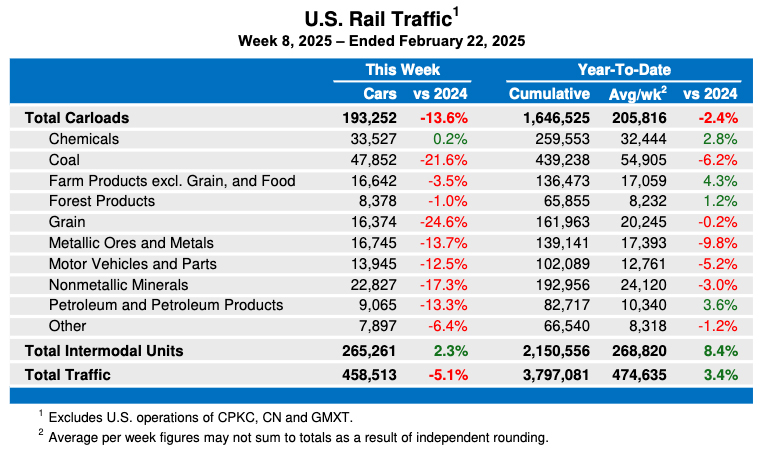 WASHINGTON — The Federal Railroad Administration’s efforts to address Hours of Service compliance and worker fatigue are hampered by a lack of procedures and accurate data to allow it to effectively target its limited resources, the Department of Transportation’s Office of Inspector General said in a report released last week.
WASHINGTON — The Federal Railroad Administration’s efforts to address Hours of Service compliance and worker fatigue are hampered by a lack of procedures and accurate data to allow it to effectively target its limited resources, the Department of Transportation’s Office of Inspector General said in a report released last week.
The Inspector General examination came after the rate of non-grade-crossing train accidents attributable to human factors reached a 14-year high in 2022, and resulted in a series of 19 recommendations; the FRA said it concurred with those recommendations and set target dates to address each ranging from May 31 of this year to Dec. 31, 2025.
The report, available in full here, identified issues in three main areas:
— Hours of Service oversight and planning procedures are not fully documented. No written procedures were developed when Hours of Service oversight was consolidated in a 2020 reorganization of the Office of Railroad Safety, and this lack of documentation limits continuity when there are staffing changes, effective planning, or adequate evaluation of compliance.
— The FRA’s Office of the Chief Counsel lacks guidance on penalties for Hours of Service violations, and procedures for producing annual reports on enforcement. Penalties are set by a variety of statutes, and the agency often settles with railroads for less than the initial penalty amount. Without clarifying which elements of the law is involved to determine an appropriate penalty, the FRA cannot be sure the penalties are effective in leading to reduced violations and therefore addressing fatigue. Also, the report found that the FRA miscounted the number of violations in 52% of its closed Hours of Service cases in the reports for the 2020, 2021, and 2022 fiscal years.
— The agency has not ensured passenger railroads comply with fatigue management requirements, failing to ensure those railroads analyze their employees’ work schedules for fatigue risks, while also failing to perform required audits of passenger railroad work schedules every two years.
With the FRA accepting the recommendations, the Office of Inspector General considers the 19 items “resolved but open pending completing of planned actions.”













